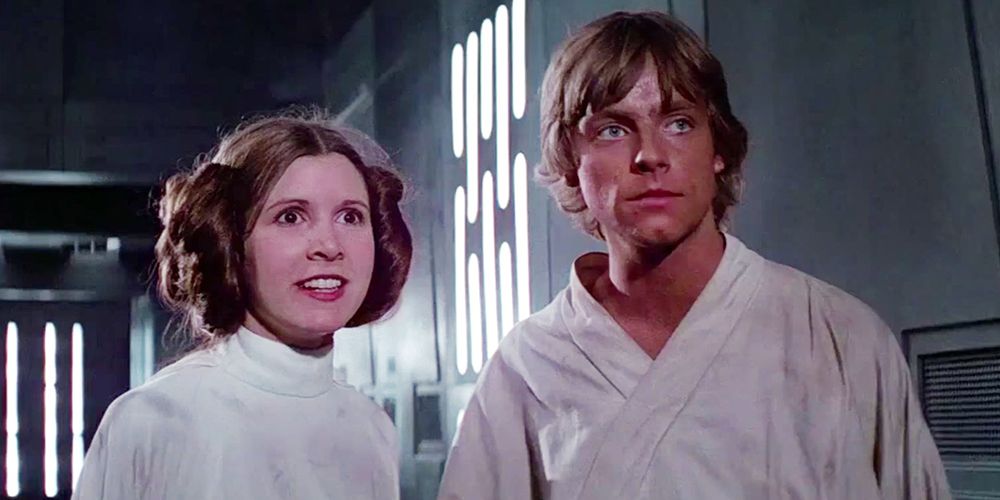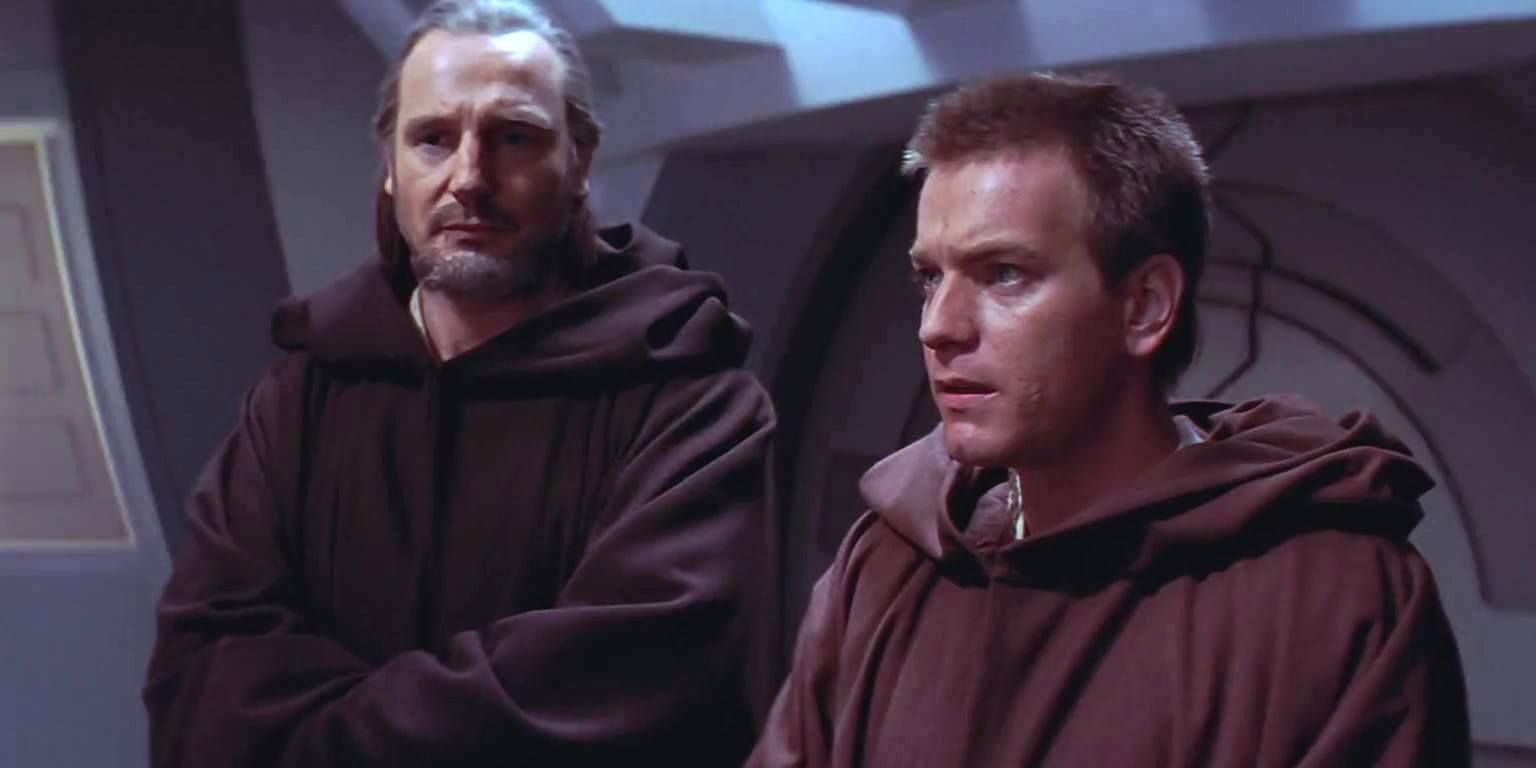
Star Wars constantly uses archetypal themes of storytelling to create powerful and engaging tales. One of the strongest underlying threads in all Star Wars storytelling is the importance of family, and how those connections motivate characters and influence storylines.
Family can take the form of blood, such as the Skywalker lineage, or be found, like the entire crew of the Ghost in Star Wars Rebels, or it can even be organized, as in the Jedi Order, or chosen and adopted. And it's those connections and the very idea of family itself that drive characters' choices and motivates ongoing stories. From deciding fate to influencing the paths that characters take, family drives every story in Star Wars.

At its heart, the Star Wars saga is ultimately a story about family. The original trilogy, and subsequently the prequels and the sequels, are all focused on the lineage of the Skywalkers and how those sometimes messed up family dynamics ultimately had far-reaching consequences for the galaxy. The original nine films set out to tell the tale of the Skywalker family, from Anakin on through his children. In fact, Luke Skywalker finding out that Darth Vader was actually Anakin Skywalker, his father, in The Empire Strikes back set up his most important emotional conflict. Then, when he learned that Leia was really his sister in Return of the Jedi, that bond of blood solidified their connection and reinforced their existing found family dynamics all the more.
Furthermore, the concept of a found family is constantly reinforced throughout the saga, not only in the movies but in the expanded Star Wars properties as well. For instance, family was especially important in Rebels, where the Ghost crew members were not related by blood, but instead found each other and formed their own family unit. Ezra Bridger was a reluctant and streetwise loner when he begrudgingly joined Kanan, Hera and the rest of the crew. However, as he spent more time with them, they truly grew to become his new family. They looked out for each other, cared about each other and annoyed each other, just as most families do. Even within the Jedi ranks, there were organized family structures. Though attachment was technically forbidden, the Jedi Order instituted parent/child relationships in the form of the mentor/mentee Master and Padawan roles.

Family in the Star Wars universe invokes a peculiar combination of the importance of free will versus deciding fate. For instance, the Skywalker family has proven to be highly Force-sensitive. Anakin passed on his extreme Force sensitivity to his children, Luke and Leia. Leia then passed on the same Force sensitivity to her son, Ben Solo. That was a gift of familial blood that could not be escaped, and so had a big hand in deciding the fates and futures of the Skywalkers.
In contrast, the concept of family is also what drives choices, as it can be a combination of both blood and decisions alike. Rey, who inherited her Force powers from her Palpatine lineage, was set up by fate to be a great Force wielder. However, she made a choice at the end of The Rise of Skywalker to sever her Palpatine family ties and officially adopt the Skywalker name, signifying the importance of her own found family over her bloodline.

Family, both created and inherited, drives many choices in the saga, particularly for Anakin. For example, it was his familial allegiance to his Padawan, Ahsoka Tano, that led him to go against orders (admittedly, not that unusual for him) and continue to investigate on his own to clear Ahsoka's name when she was falsely accused of bombing the Temple in Clone Wars. Though he was successful, she ultimately turned down the offer to return to the Jedi. Anakin, who was already primed for the heartbreak of being torn from his loved ones after the death of his mother, Shmi Skywalker, was greatly affected by this choice. Later, when Padmé revealed she was pregnant in Revenge of the Sith, that revelation and fear of once again losing his family drove Anakin's ultimate darkest choices.
At the end of the day, Star Wars is not only about the action and the mysticism, but it is a story about family. George Lucas set out to tell the tale of the Skywalkers, and kept them at the heart of the films. As the Star Wars universe grew, that tenet of storytelling remained true. From questions of lineage to finding a space family somewhere removed from a character's home planet, it is the concept of finding, defining and keeping a family that drives almost every hero's arc.
0 Comments